
When a Humpback Whale Became a Hero: The Extraordinary Rescue of Marine Biologist Nan Hauser
In 2017, renowned marine biologist Nan Hauser experienced an extraordinary—and deeply unforgettable—encounter in the waters off the Cook Islands. While diving among a pod of whales, she suddenly found herself the focus of attention from a massive Humpback whale that seemed determined to protect her from imminent danger.
According to Hauser, the whale began nudging her gently but persistently with its closed mouth, then used its enormous pectoral fin to tuck her close, at times lifting her partially out of the water. For over seven minutes — roughly ten minutes by her later estimate — the whale kept her close, guiding her away from what she later realized was a lurking predator: a 15-foot Tiger shark prowling nearby. The Independent+2National Geographic+2
Hauser described the incident as unlike anything she had seen in nearly three decades studying whales. “I’ve spent 28 years underwater with whales,” she recalled, “and never had one so tactile — pushing me on his head, belly, or even back — most of all trying to tuck me under his huge pectoral fin.” The Independent+2Scuba Diver Life+2
At first, she was terrified — unsure whether the whale intended to help or harm. She feared that its immense power and those barnacle-lined fins might crush her. But when she finally climbed back aboard her boat — bruised and scratched from the whale’s rough contact — she saw a dark silhouette in the water. A third tail swaying side-to-side rather than up-and-down: the unmistakable sign of the tiger shark. National Geographic+2CBS News+2
Only then did she realize what the whale had done. Reflecting on the footage after the fact, Hauser concluded that the whale’s behavior was no random act of curiosity. Instead, she believes it was a rare, perhaps even intentional act of cross-species compassion — a form of altruism so extraordinary that it had never been captured on film before. “Maybe the shark wasn’t going to attack me,” she said, “but he was trying to save my life.” National Geographic+2The Inertia+2
The incident sparked widespread attention. Several media outlets — including National Geographic, CBS News, The Independent and IFLScience — reported on the encounter, often calling it “astonishing” or “unprecedented.” IFLScience+3National Geographic+3CBS News+3
However, not all scientists agreed with Hauser’s interpretation. Some experts expressed skepticism, noting that while humpback whales have previously been observed intervening to protect other animals — especially seals — from predators, it remains impossible to prove definitively that this whale understood the danger or intentionally intervened. National Geographic+1
For example, Martin Biuw of the Institute of Marine Research argued the whale might simply have been reacting instinctively, possibly even attempting to protect a calf — or responding to distress signals — rather than consciously “rescuing” Hauser. National Geographic Others, like Jim Darling of Whale Trust Maui, noted that while friendly contact between whales and humans is not unprecedented, without direct evidence we can never know what the whale was thinking. National Geographic
Still, Hauser remains convinced: having lived through the moment, she believes the whale deliberately shepherded her out of harm’s way. She likened the behavior to the instinctive bravery of a firefighter rushing into a burning building to save strangers. The Independent+1
Her story has renewed interest in the enigmatic social and protective behaviors of humpback whales. Indeed, prior to this event, scientific literature documented more than a hundred cases over six decades in which humpbacks appeared to interfere with predators — not only when their calves were threatened, but also to protect other species such as seals, sea lions, and even other whale species. National Geographic+1
Whether or not we can definitively call this an act of altruism, the footage from the Cook Islands remains among the most remarkable examples of cross-species intervention ever recorded. For Hauser, it’s a powerful reminder that humans are not always the guardians in the ocean — sometimes, we are the ones being guarded.
News in the same category


What is their purpose in doing so?

🛁 Say Goodbye to the Shower: Japan Unveils the 15-Minute "Human Washing Machine"
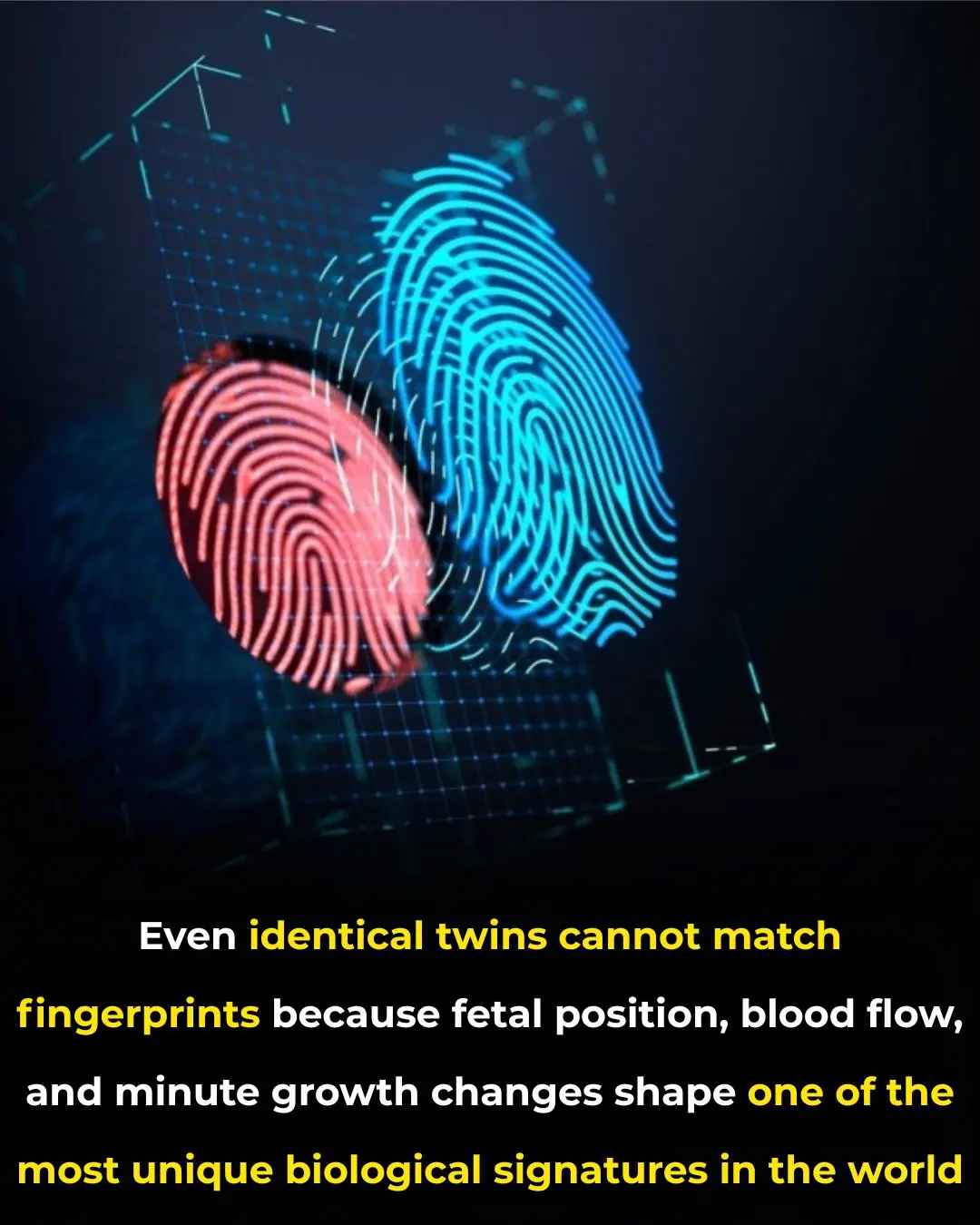
Fingerprint Individuality: A Story Written by Biology, Environment, and Chance

Northwestern Study Reveals Hidden Dangers in Youth Skincare Influencer Culture

Scientists Discover a Brain Receptor That Acts as a Natural Shield Against Alzheimer’s

A Fluorescent Breakthrough: New Dye Helps Surgeons Precisely Target Prostate Cancer
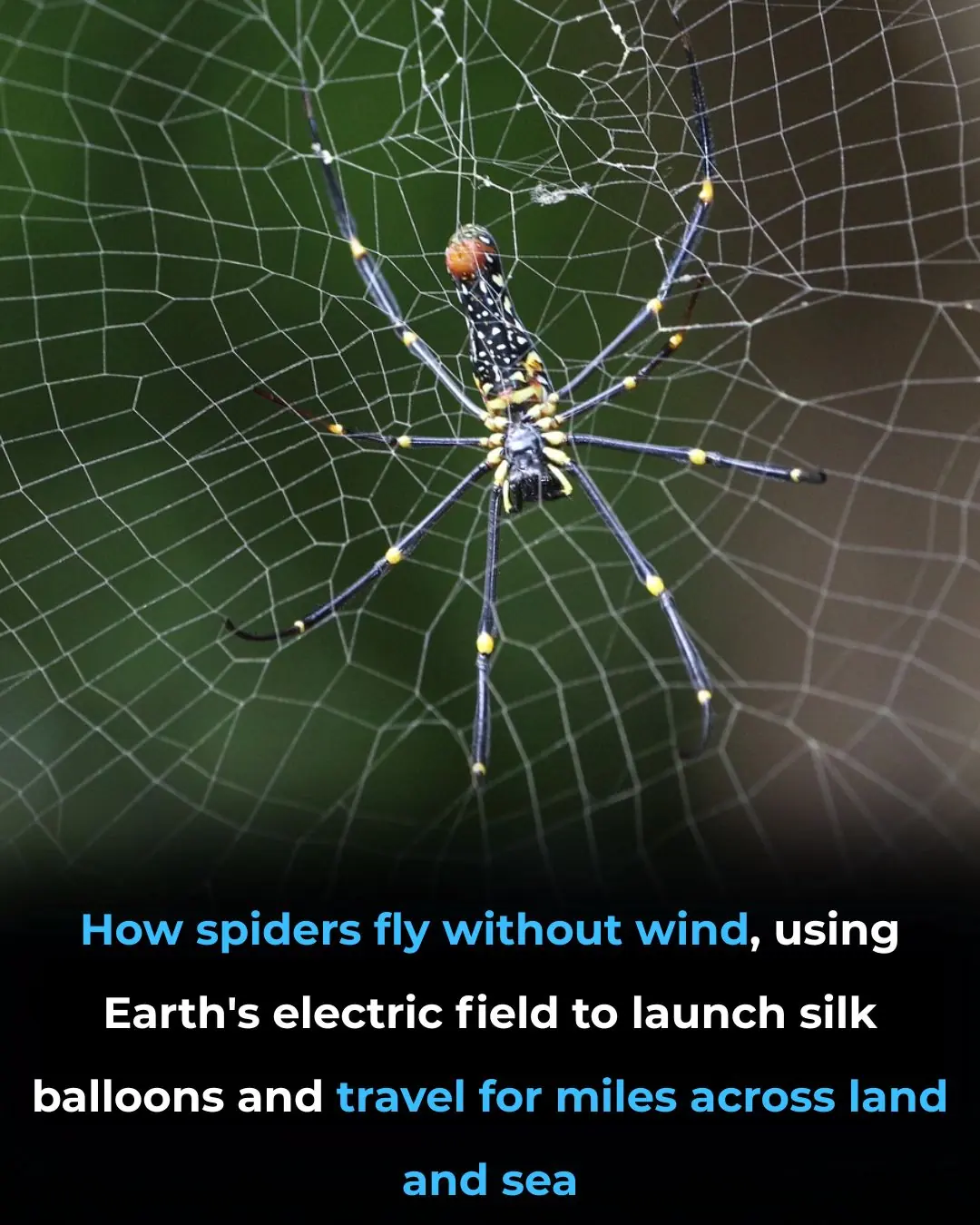
The Shocking Secret of Spider Flight: How Electric Forces Lift Them Into the Sky

🤯 Beyond the Void: How Quantum Physics Suggests the End of Life Is an Illusion

🧠 Medical Marvel: The Bullet That Accidentally Cured Severe OCD

If you kiss a deceased loved one, you should know that it causes ...

When a Woman Bites Her Lip While Staring at You, It Means She Is ...
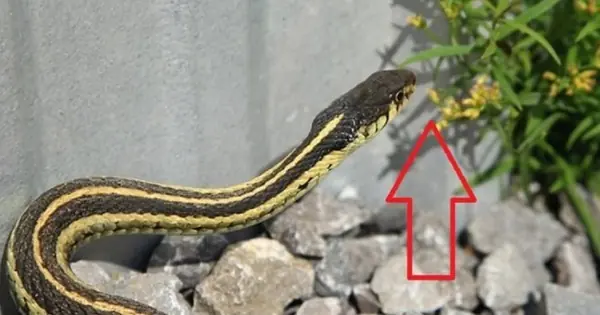
3 flowers that make snakes tremble with fear — beautiful and safe to plant around your home
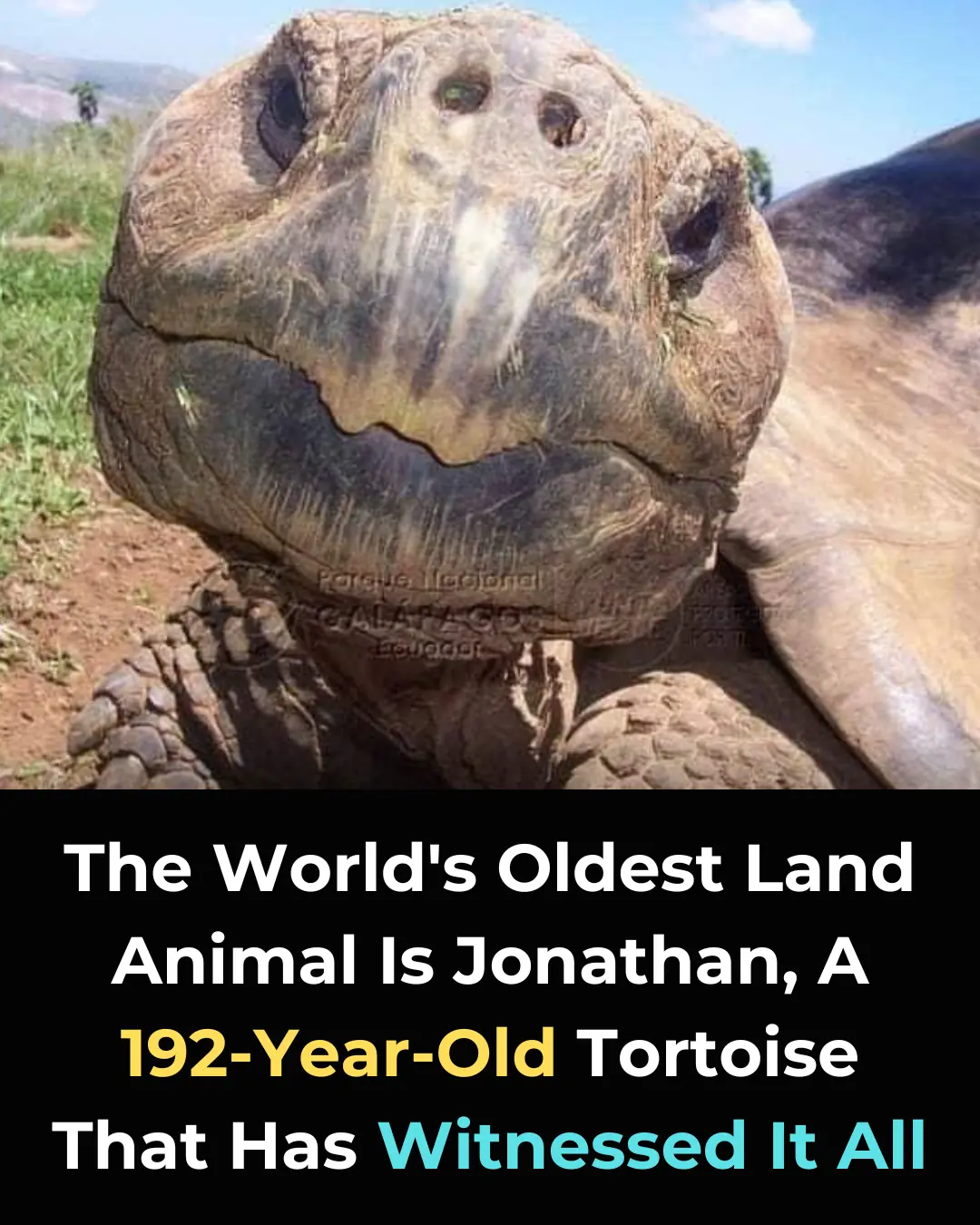
Meet Jonathan: The 192-Year-Old Tortoise Who Has Witnessed History and Continues to Inspire

Retired Couple in UK Successfully Nurtures 90-Million-Year-Old Wollemi Pine, Leading to Its First Reproduction Outside Australia

Stem Cell Therapy for Type 1 Diabetes Shows Promise in Human Clinical Trials
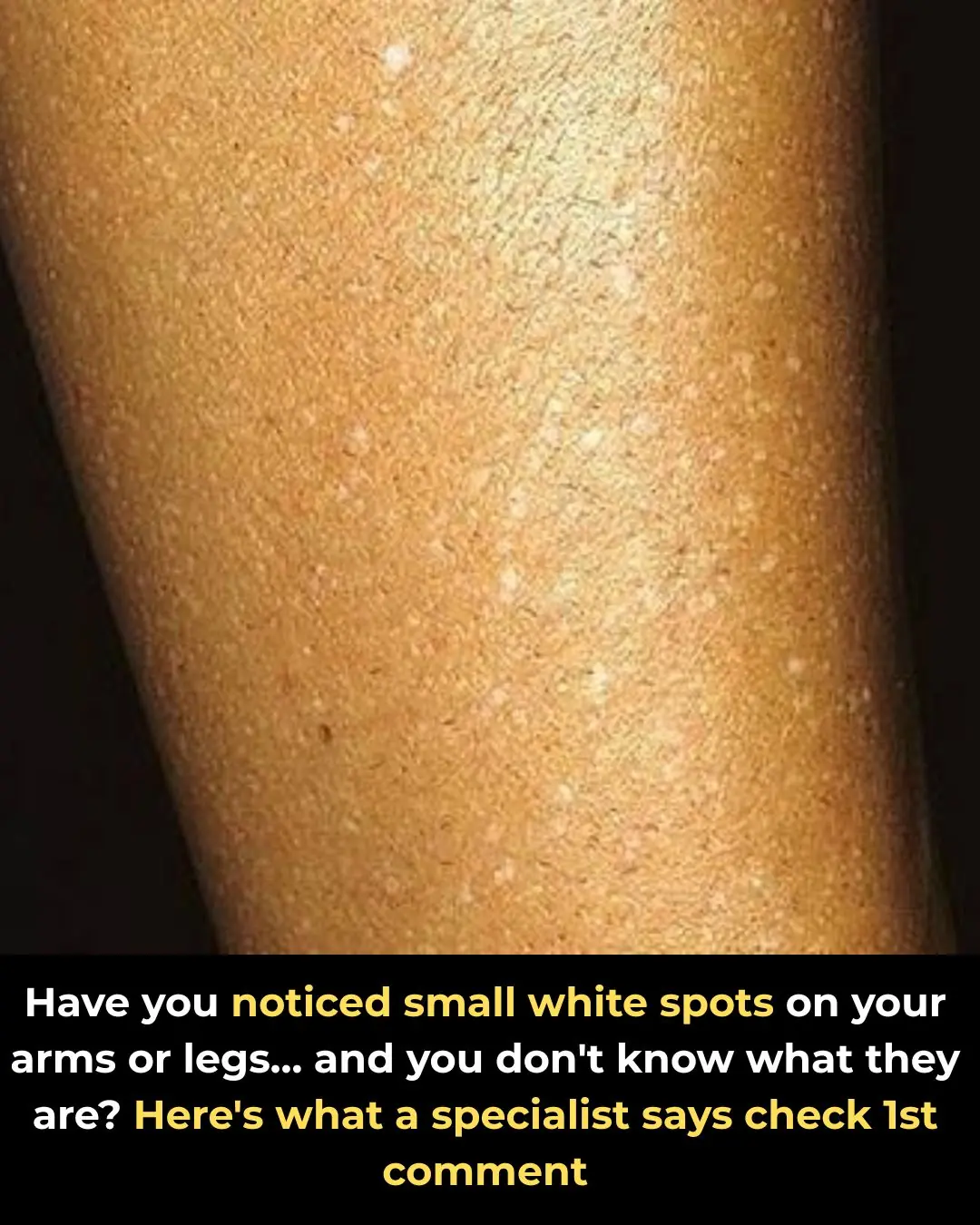
Have you noticed small white spots on your arms or legs… and you don't know what they are?

How Guyana Became the Only Nation Fully Self-Sufficient in All Seven Major Food Groups
News Post

Why Do We Get Shocked by Static Electricity

What Clearing the Table Says About You

The Magic of Lemon Juice and Activated Charcoal: Natural DIY Solutions for Skin and Teeth

Improve Eyesight Naturally With Onion Tea: Benefits, Uses & How to Make It

Make your own biotin powder for glowing skin

Roll your feet daily—unlock rapid healing throughout your body!

Diabetes? Just boil these leaves to lower blood sugar (without medications)!

How to Get Rid of Bad Breath (Halitosis): Scientifically Proven Home Remedies

What is their purpose in doing so?
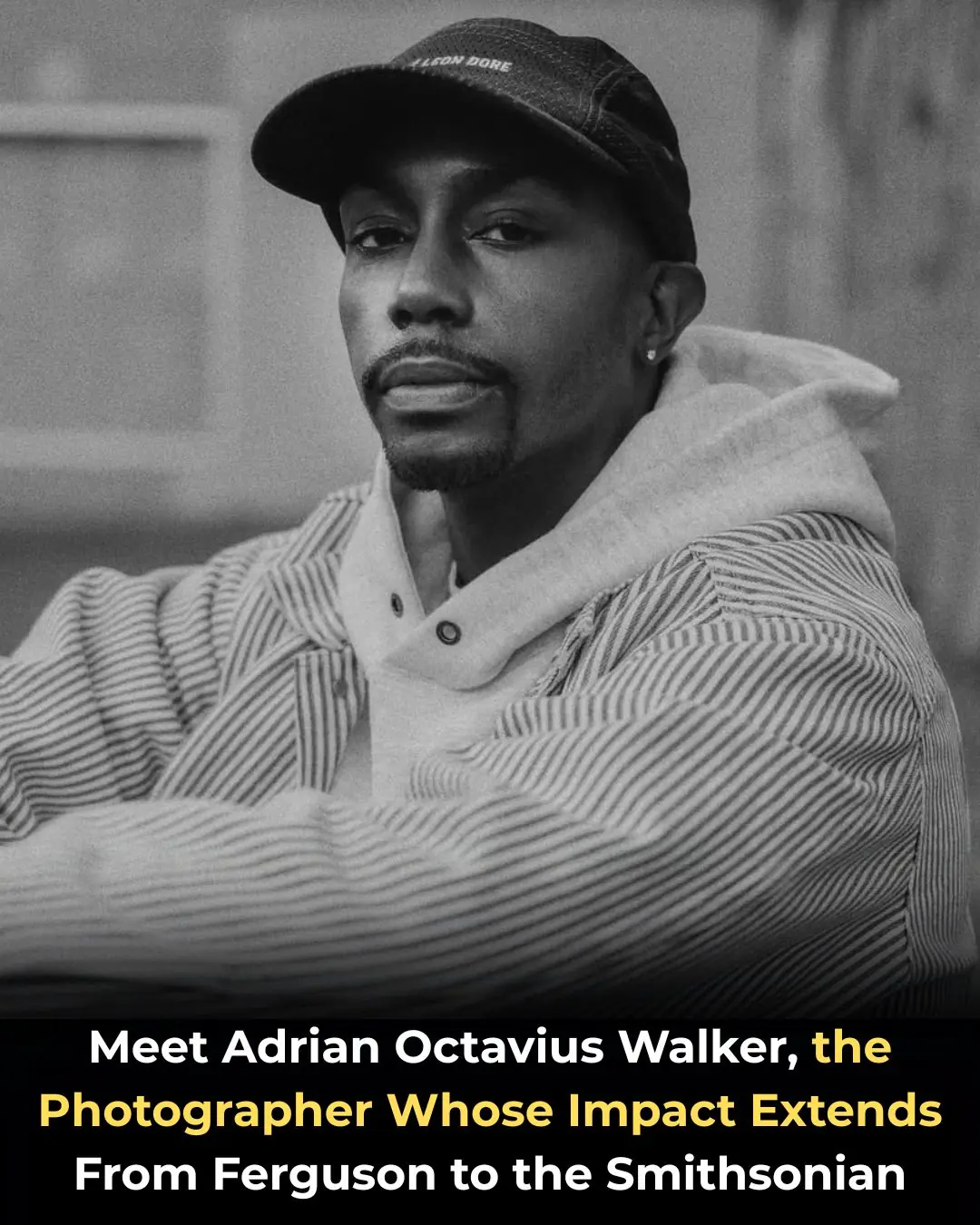
Meet Adrian Octavius Walker, the Photographer Whose Impact Extends From Ferguson to the Smithsonian

Breakthrough Hair-Loss Treatment

Which Raw Food Would You Eat
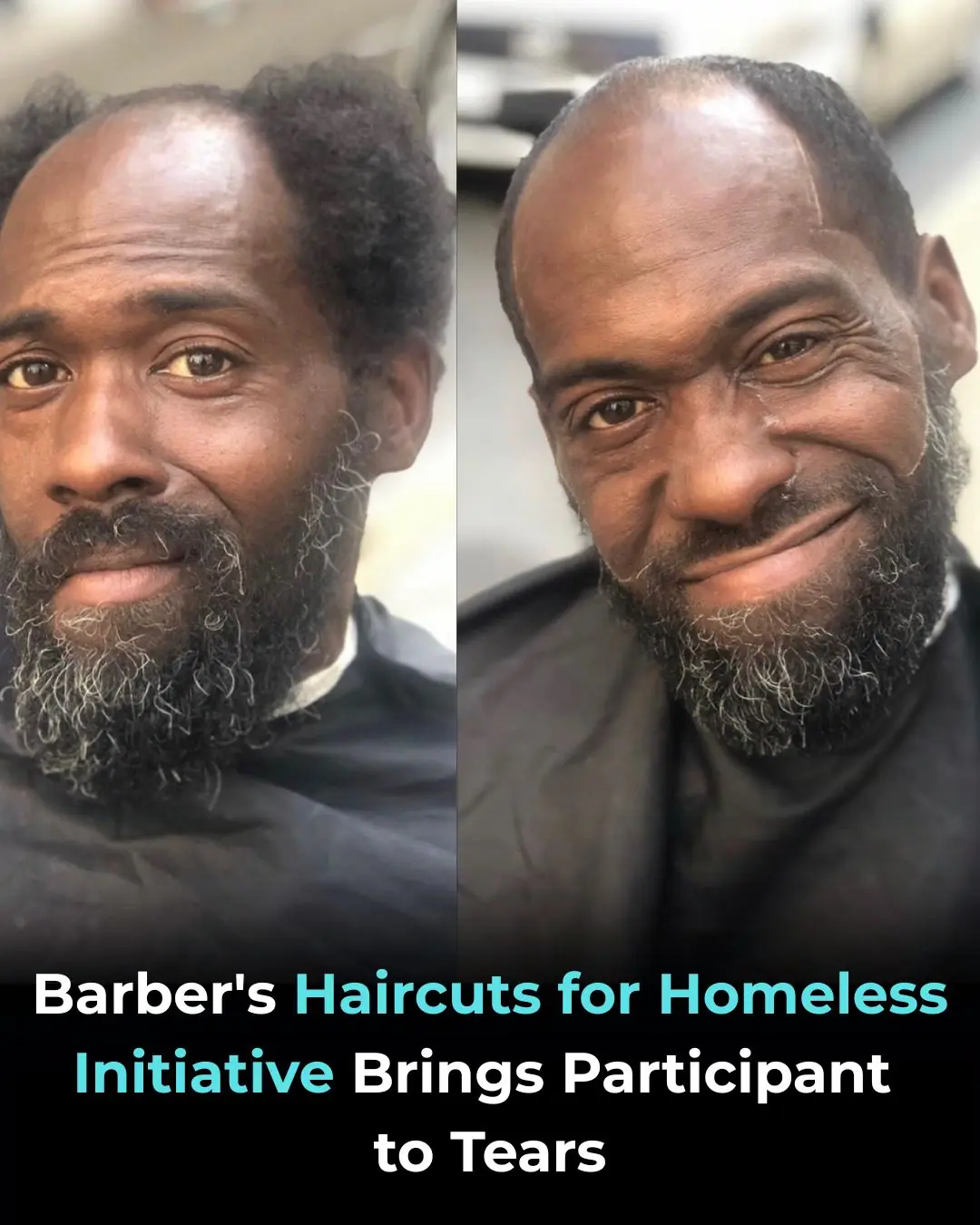
Barber’s Haircuts for Homeless Initiative Brings Participant to Tears

Oprah Winfrey Selects Tina Knowles’ Memoir ‘Matriarch’ for Book Club in a Tearful, Powerful Moment

Common Remembers The Time He Told Chance The Rapper To ‘Keep Following His Dreams’

Potato Toner for Clear Skin, Dark Spots, and Pigmentation: A Comprehensive Guide to Restoring Your Natural Glow

Add This Oil to Vaseline To Get Rid Of Wrinkles

DIY Okra-Based Keratin Treatment for Silky, Strong Hair: Transform Your Hair Naturally At Home

Homemade Aloevera Gel – How to Make Aloe Vera Gel at Home
